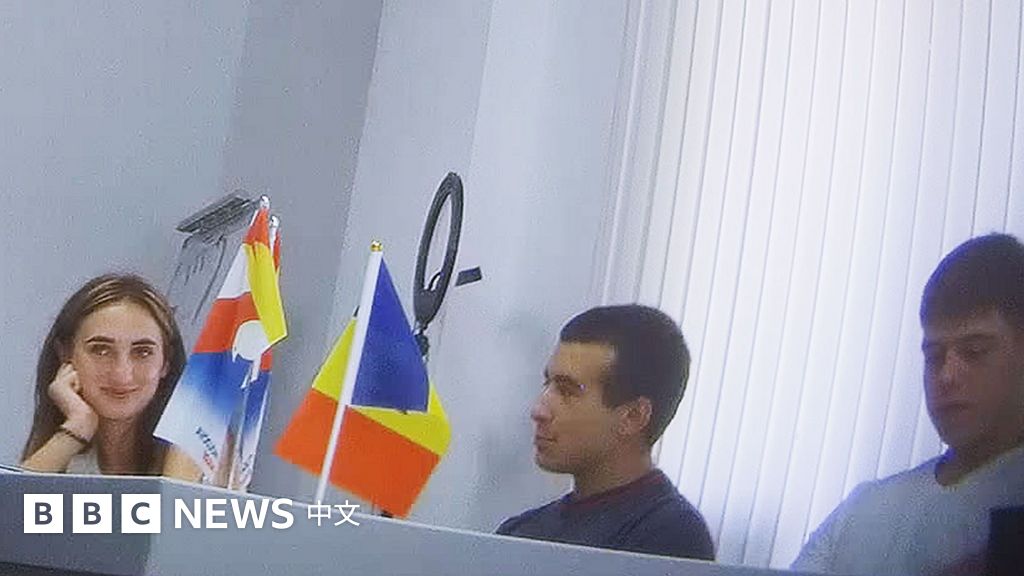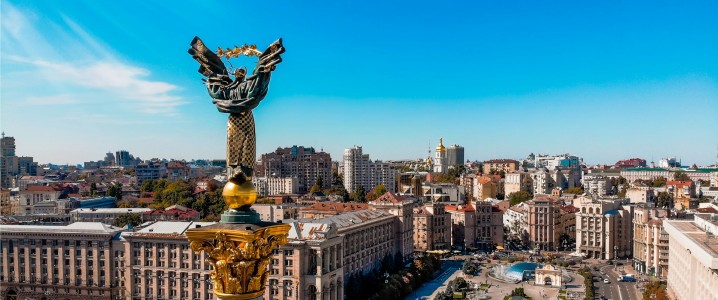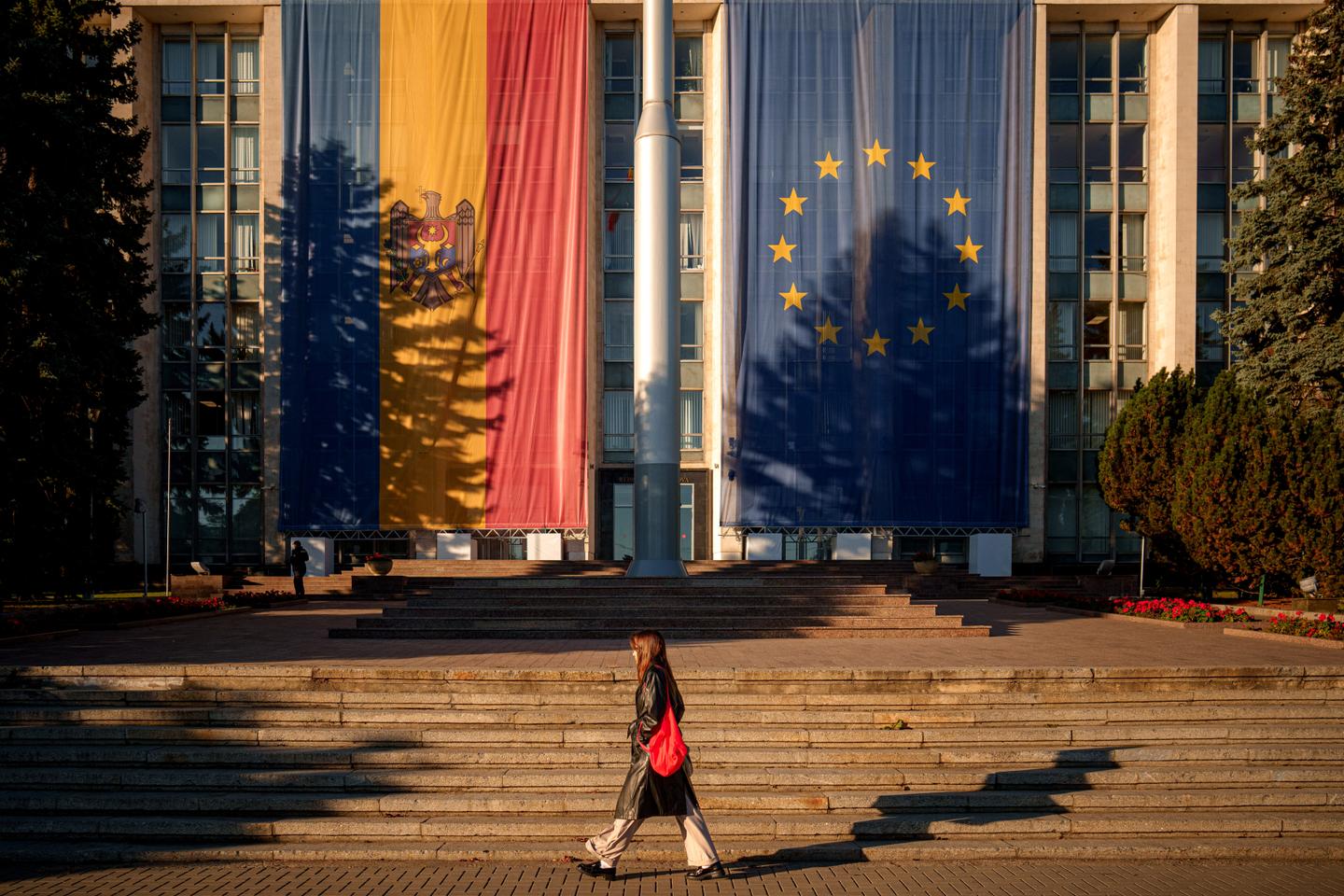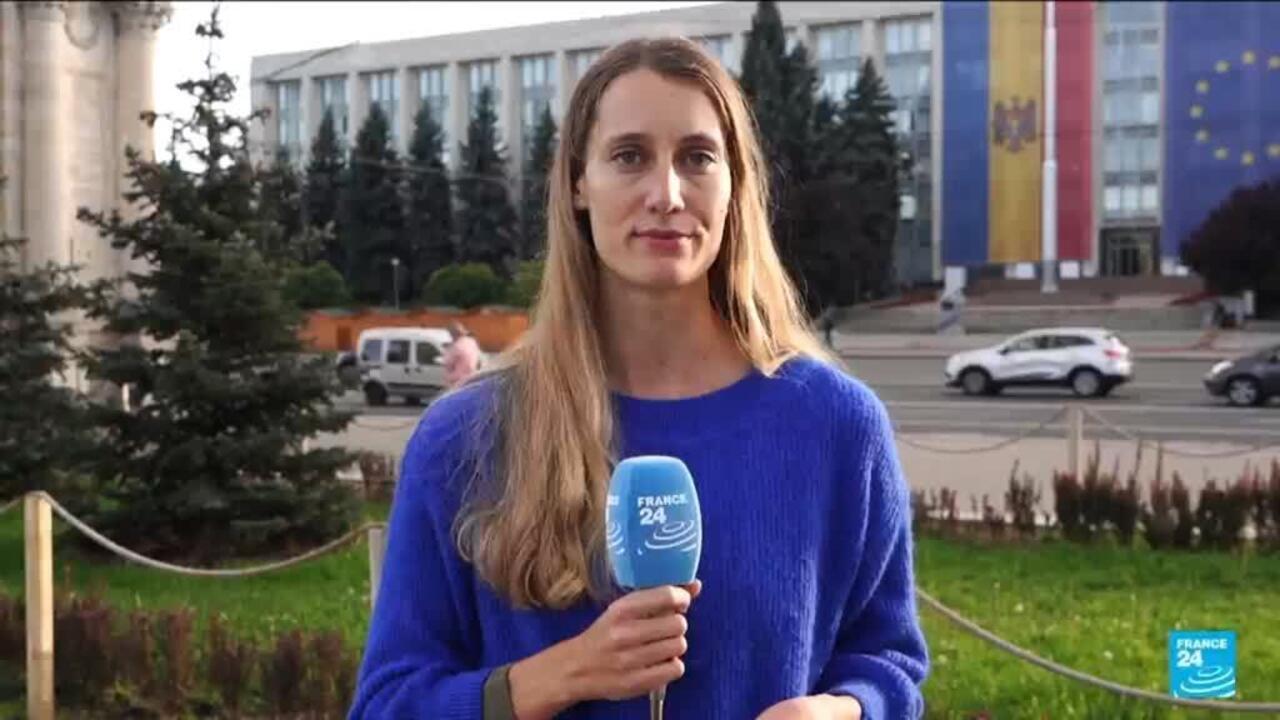Moldova's Pivotal Election: A Crossroads Between EU Integration and Russian Influence
On September 28, 2025, Moldovans participated in a crucial parliamentary election that could determine the nation's geopolitical future. The central question was whether the country would continue its path towards European Union (EU) integration or be drawn back into Russia's sphere of influence. Allegations of Russian interference, economic hardships, and a tense political climate marked this pivotal moment for Moldova.
Election Overview and Key Players
The election involved selecting a new 101-seat parliament, which would then determine the country's prime minister and government. The incumbent Party of Action and Solidarity (PAS), led by President Maia Sandu, faced strong opposition from several Russia-friendly parties. These included the Patriotic Electoral Bloc, advocating for "friendship with Russia," and other parties viewed as potentially pulling Moldova closer to Moscow. The PAS party has held a strong parliamentary majority since 2021 but risked losing it amidst claims of heavy Russian interference.
Allegations of Russian Interference
Moldovan officials, including Prime Minister Dorin Recean, warned of extensive Russian efforts to influence the election. These alleged efforts included large-scale vote-buying, cyberattacks targeting government infrastructure, inciting mass riots, and spreading disinformation online. Recean described these actions as a "hybrid war" and "the final battle for our country’s future." These attempts were condemned by Maia Sandu after casting her vote on Sept 28.
Russia has consistently denied these allegations, dismissing them as "anti-Russian" and "unsubstantiated." Meanwhile, the EU echoed Moldova's concerns, describing the situation as "an unprecedented campaign of disinformation" from Russia targeting Moldovan voters.
Security Measures and Party Bans
Authorities were on high alert throughout the election period, warning of potential bomb threats, cyberattacks, and street violence. Law enforcement conducted numerous raids, detaining individuals suspected of plotting disruptions. The Central Electoral Commission excluded two pro-Russian parties, Greater Moldova (Moldova Mare) and the Heart of Moldova party, from participating in the election due to alleged financial irregularities. The Heart of Moldova party was part of the Russia-aligned Patriotic Bloc.
Economic Concerns and Voter Sentiment
Economic issues weighed heavily on voters' minds. Many Moldovans expressed frustration with stagnant wages, rising costs of living, and skepticism about the benefits of EU membership. However, others viewed the EU path as Moldova's best hope for stability and prosperity. Vasile, a 51-year-old locksmith, expressed his preference for conditions "as they were during the Russian times,” while Olga, a pensioner, supported PAS and closer ties to Europe.
The Role of the Diaspora and Potential Outcomes
Moldova's large diaspora was expected to play a significant role in the election outcome. In the previous presidential election, a record number of diaspora voters supported pro-Western President Maia Sandu. Most local polls projected PAS to win the most votes, but these projections didn't account for the diaspora, and a significant portion of voters remained undecided. A high voter turnout was seen as potentially beneficial to PAS securing a majority.
Statements From Political Leaders
After casting her vote, President Maia Sandu warned of "massive interference of Russia" and declared Moldova "in danger," stating that the outcome would determine whether the nation consolidated its democracy and joined the EU. Former pro-Russian president Igor Dodon, on the other hand, advocated for balanced relations with both the EU and Russia, accusing the West of interference.
Impact of Russia's Actions
Bloomberg reported on Sept. 22 that Moscow had devised a plan to interfere with Moldova's parliamentary elections and hinder the country’s bid for EU membership. The BBC reported a covert, Russia-funded network was working to influence the outcome of the vote. Since the end of the Transnistrian War in 1992, Russia has exerted control over Moldova’s Transnistrian region, maintaining a military presence there.
Cybersecurity and Attacks
Moldova’s Information Technology and Cyber Security Service said it blocked cyberattacks targeting election infrastructure. Distributed denial-of-service (DDoS) attacks were reported, including one orchestrated from multiple countries. The targets included Moldova's Central Electoral Commission website, government cloud service systems and process automation systems, as well as some voting stations abroad. These attacks were detected and neutralized without affecting the availability or integrity of electoral services.
Conclusion: Moldova's Future Hangs in the Balance
As the polls closed, Moldova's election stood as a crucial battleground in a larger geopolitical struggle. The outcome would determine the future direction of the country's democracy, economy, and international alignment. This election would have profound consequences, potentially influencing not only Moldova's trajectory but also the broader dynamics in the region.
 Visit the website
Visit the website







